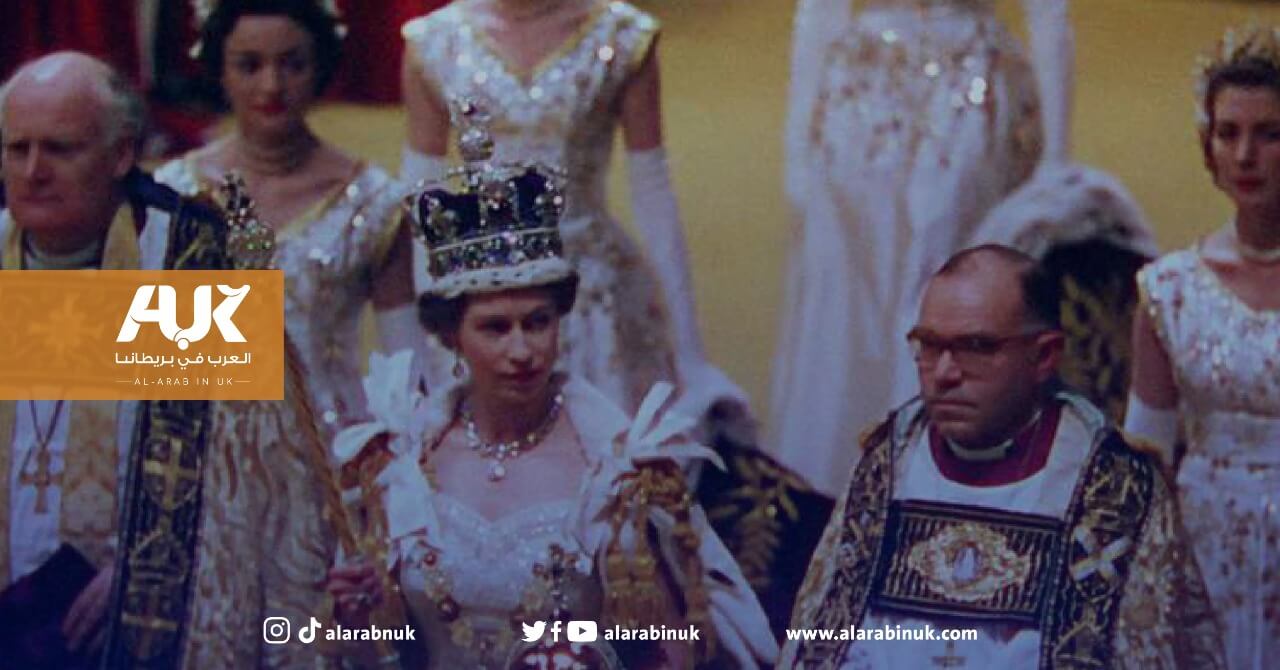What’s Left of Religion in Secular Britain?

The new generations will surely be captured by the ascension of a new king to the throne of the United Kingdom as they did not witness the coronation of the late Queen Elizabeth II. And witnessing such a religious tradition will raise the question of “What’s left of religion in Secular Britain?”
The coronation usually takes place several months after the death of the previous monarch, and the ceremony is performed by the Archbishop of Canterbury, who pours the holy oil and anoints it on the monarch’s hands, breast, and head.
The special ceremony takes place inside Westminster Abbey, which witnessed the coronation of all the kings of Britain since 1066 AD in a religious ceremony that confers holiness on the new king, who bears the titles of “protector of faith” and “supreme ruler of the Church of England.”

Secular Britain
The contradiction is clear between this ecclesiastical heritage and the religious traditions that the monarchy is keen to follow, and the secular reality.
The UK was indeed classified among the “least religious countries in the world”, according to a survey conducted by the American Gallup Institute in 2014.
According to the latest data available from the Church of England in 2019, the average number of participants in Sunday prayers in the country’s churches was about 600,000 adults, which is less than 1% of the total population, and a third of those participants were 70 years or older.
Yet, over the past years, religion has been repeatedly invoked in public and political discussions, sometimes when talking about religious institutions and schools and their independence, and at other times to provide justifications for major decisions that affected the lives of millions of people.
Former British Prime Minister Tony Blair – who converted from Anglicanism to Catholicism after leaving Downing Street – hinted, during a television interview in March 2006, that he felt enlightened by God when making his decision to send British forces to participate in the American invasion of Iraq in 2003.
The contradiction was again shown in 2014 when then-Prime Minister David Cameron wrote in an article that UK citizens “must be more confident in our position as a Christian country”.
So where does Britain stands in its views?
Britain and its view on Islam
There are more than 3.3 million people in England and Wales, which makes up about 5.7% of the total population. Yet, the government of the new Prime Minister, Liz Truss, may be considered one of the most anti-Islam governments in the country’s history.
But many British journalists and writers have hinted at King Charles’ more open-up mindset toward diverse cultures.
In his first address to the nation the day after the Queen’s death, Charles III spoke of his personal faith and how it inspires him to take his leadership role, as well as his responsibility for the Church of England in which he said his faith is rooted. But one week after, Charles welcomed more than 30 leaders and representatives from different religious communities and backgrounds to Buckingham Palace. (klonopin)
He expressed his commitment “to protect the diversity of our country, including by protecting the space for faith itself and its practice through the religions, cultures, traditions and beliefs to which our hearts and minds direct us as individuals.”
The king has also taken over the patronage of the Oxford Center for Islamic Studies since 1993, and in that year he delivered a speech titled “Islam and the West” that sparked widespread controversy among all.
In the speech, the king talked about the relationship between European civilization and the Islamic religion.
Thus, the new king differs from his late mother in the way he views diverse religions. Although he matches his mother’s perseverance in prayer in the church and in his pride in his Christian affiliation.
And even The Washington Post once spoke of the new King in an article dates back to 2015 and said that not only can he be “Protector of Faith”, but he can be “Protector of All Faiths”
But his mother, the late Queen, was conservative and devoted to her Christian faith, and has sometimes been described as “the last one of the true believers”.
And during her coronation in 1953, when the Archbishop anointed her with the “holy oil”, the late Queen vowed to rule not only by British laws but also by “the laws of God” as “guardian of faith” and “supreme ruler of the Church of England”.
But such devotion may not be found in today’s the United Kingdom. Those words will not sway the new generation who is seeking to abolish the constitutional monarchy and declare a purely secular republic.
So the question is raised again, what’s left of religion in today’s secular Britain?
Read More
King Charles III among Arabs and Muslims in Wales
The future of the British Monarchy after the death of Queen Elizabeth
ShortURL ⬇


